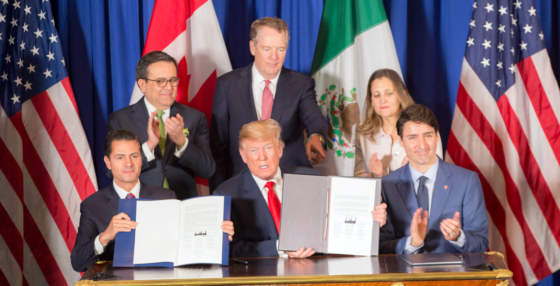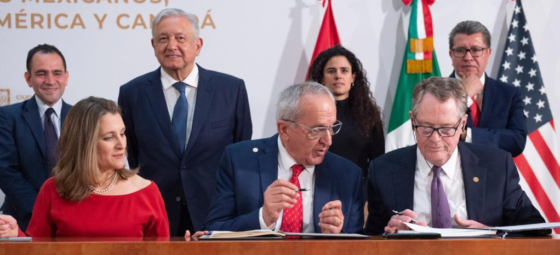
What Are the Most Important Changes to the USMCA?
How will the changes affect the three North American countries, and which sectors are set to gain or lose the most from them?
How will the changes affect the three North American countries, and which sectors are set to gain or lose the most from them?
This event, hosted in collaboration with the Institute of the Americas, aimed to examine the issues facing Mexico’s climate for energy investment across various sectors including power, renewables, oil and natural gas.
El presidente del Diálogo Interamericano habla del panorama de América Latina y de la importancia de cambiar las prioridades de inversión.
On December 10, 2019, the Inter-American Dialogue, hosted an event titled “New Leadership in Argentina & Bolsonaro’s First Year.” The panelists were Matias Spektor, Rut Diamint, Bruno Binetti, and Monica de Bolle. Rafael Mathus, correspondent for La Nación, moderated the event.
La 32ª reunión del Grupo de Trabajo sobre América Latina (LAWG por sus siglas en inglés) tuvo lugar el 9 de diciembre en Washington, DC. En esta reunión, el grupo prestó especial atención a los disturbios y protestas que se vieron en la región en 2019.
Lisa Viscidi, director of the Energy Program, spoke about the production of natural gas in Argentina and the fuel’s role in the country’s energy transition on a panel organized by the Organization of American States’ Energy and Climate Partnership of the Americas on December 13.
On November 14, 2019, the Inter-American Dialogue hosted the event, “5G and the Evolution of Smart Cities in Latin America and the Caribbean,” featuring panelists Eric Crabtree, Chief Investment Officer of the International Finance Corporation; Luis Fiallo, Vice President of China Telecom Americas; Ed Roach, Vice President of Regulatory Compliance and Associate General Counsel, SBA Communications; and Rachel Samrén, EVP and Chief External Affairs Officer of Millicom. Ernesto Muyshondt, mayor of San Salvador, El Salvador, provided the keynote address while Margaret Myers, director of the Asia and Latin America Program at the Inter-American Dialogue moderated the panel discussion.
Manuel Orozco, director of the Migration, Remittances & Development program at the Inter-American Dialogue, presented at the International Money Transfer and Payments Conference.
La directora del Programa de Energía, Cambio Climático e Industrias Extractivas, Lisa Viscidi, habló con el Comité Español del Consejo Mundial de la Energía (CECME) sobre el debate entre la privatización y el nacionalismo de los recursos en Latinoamérica y la transición energética.
Lisa Viscidi, director of the Energy, Climate Change and Extractive Industries Program, gave a presentation to the Energy Working Group of the Elcano Institute on clean energy auctions in Latin America and how their intelligent design could benefit other countries in the region.
Electric mobility is gaining ground globally as technology costs fall, awareness is improved, and policies are increasingly aligned with environmental goals. Caribbean nations are well positioned to reap the benefits of electric mobility, concluded panelists at an event hosted by the Inter-American Dialogue and New Energy Events, in collaboration with the Inter-American Development Bank and the Organization of American States.
De-risking – which involves the cancellation of correspondent relationships by large international banks – has slowed on a global level, However, the threat remains in the Latin America and Caribbean region.
The September 2019 Newsletter of the Remittance Industry Observatory looks at Nigeria, a country with a complex history of migration and some of the largest remittance flows in Africa and presents a summary of a recent Congressional Hearing on Facebook’s proposed mobile wallet, Calibra.
El presidente del Diálogo Interamericano, Michael Shifter, habló con Gustau Alegret del programa Cuestión de Poder de NTN24 sobre la situación actual en la región, la presión económica en muchos países y la crisis en Ecuador.
How likely is the U.S. Congress to approve USMCA this year, and what sorts of complications would pushing its ratification into 2020 bring? How are political dynamics affecting the deal’s passage? If the trade pact is delayed further, to what extent will North America’s manufacturers suffer?
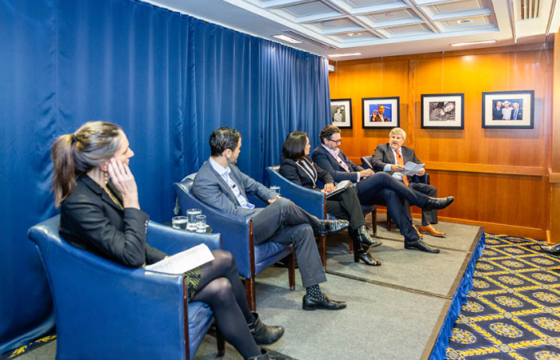
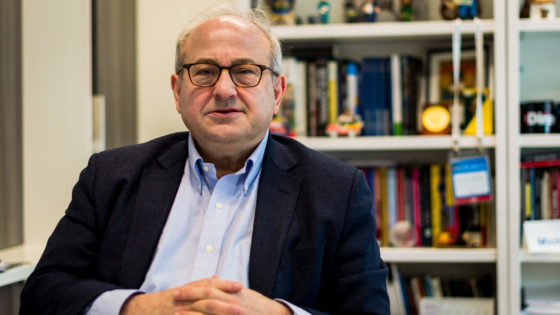
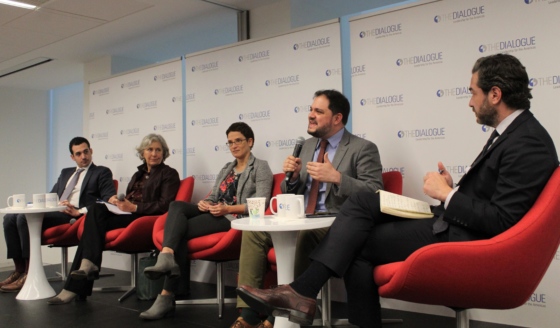 Video
Video
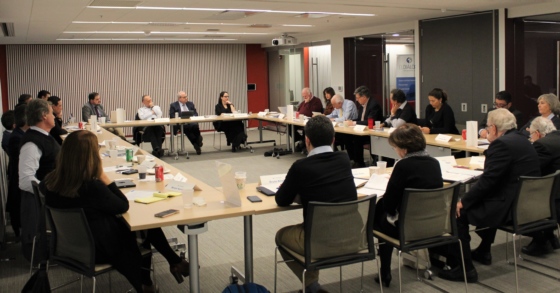
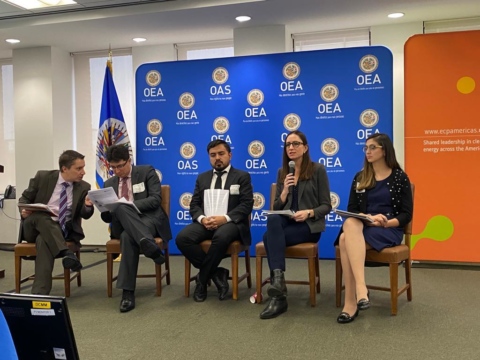 Video
Video
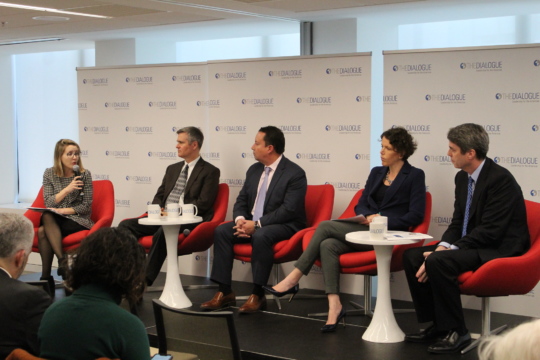 Video
Video
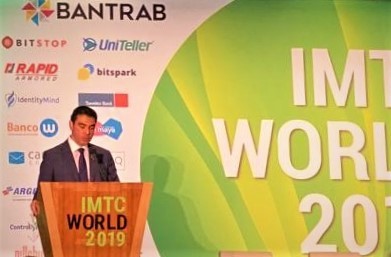
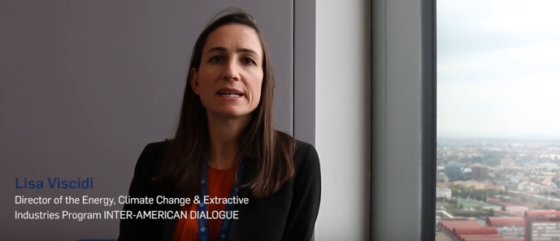 Video
Video
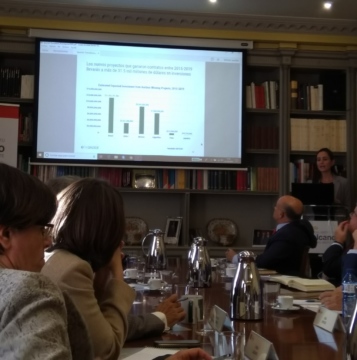
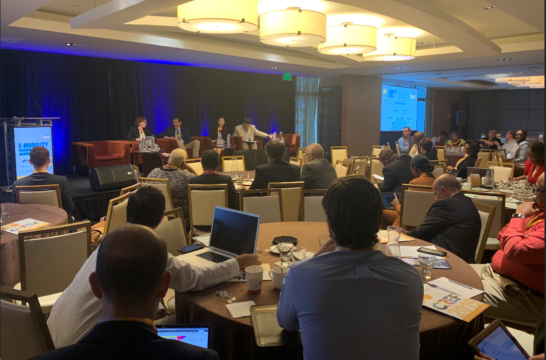
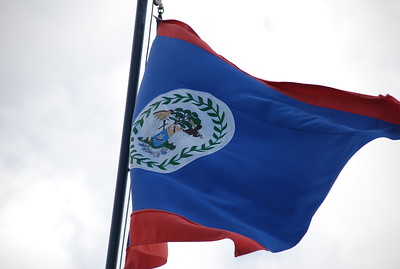
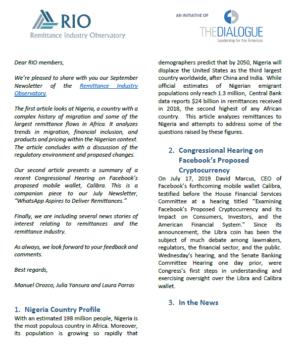
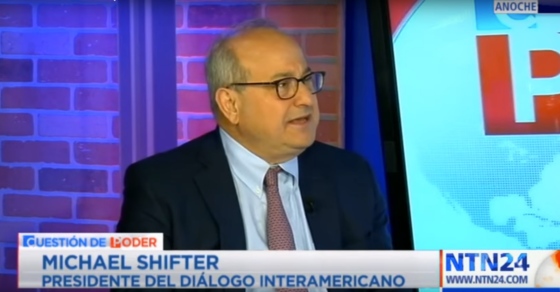 Video
Video
